Startup interview: Sophie Baron, Founder, Mamamade
RTIH: Tell us about Mamamade
SB: Mamamade is an AI-driven plant-based baby food brand, delivered online via subscription. We create bespoke nutrient-dense meals for children aged 6-36 months. We’re very technology-focused, capturing feedback and data from our customer base regularly to help shape the business.
Our all-natural, allergen-free baby foods are prepared by a team of restaurant chefs and nutritionists, to deliver restaurant-standard food to the door.
Packed with a wide variety of nutrient-rich ingredients, our pouches can be steamed, microwaved, mashed, or pureed in moments. All meals are pre-prepped and measured to minimise any food waste, making the most of the flavour combinations tailored to babies’ palettes.
RTIH: What was the inspiration behind setting the company up?
SB: In 2017, after having my daughter, I returned to my role as Head of Operations for a tech company after six months on maternity leave. My return was driven by the pressure I felt to go back, and this marked the start of a fairly stressful time as I juggled weaning my daughter with the demands of a high-level job.
I felt frustrated and uninspired with the lack of transparency over ingredients and preparation processes when it came to convenience baby food: everything on the shelf was full of sugar and came in a jar or packet.
The challenge was finding something nutritious when I lacked the time to cook everything from scratch. From there I spotted the gap in the market for a time saving support system for parents.
RTIH: What has been the industry reaction thus far?
SB: We’ve seen explosive growth in the last nine months, which is why we’ve started distributing from a bigger dedicated facility for large scale growth. The feedback from our online community is integral to our business model, so we’ve spent a lot of time listening to this.
The driving force behind our success to date is a combination of the convenience (our online subscription is the perfect solution for any busy parent, accelerated by lockdown, during which we’ve seen a 40% increase month-on-month, plus a growing desire from parents to wean their babies on a varied, high-quality diet.
RTIH: What has been your biggest challenge/setback?
SB: Because the online DTC food market is still in its infancy, there are limited out-of-the-box solutions for things like managing suppliers, analysing/forecasting, stock control, and of course fulfilment.
We've had to create our own solutions to build on, and this is a constant work in progress but is something that we see as crucial to the future of the industry. We're not only glad to be at the forefront of it, but delighted to be helping other businesses in a similar position.
As a young business, there is always the chicken-and-egg between demand and supply, and managing growth whilst working on a bootstrapped budget - our biggest challenge has been when we've seen surges in demand and a rapidly increased customer base, and ensuring our stock scales without any compromise in quality and experience for the customer.
“We're always experimenting with as many touchpoints as possible, tweaking everything in response to data that we analyse nearly in real-time. There are huge benefits to the DTC model, including that close relationship with our customers and a high level of personalisation”
RTIH: What are the biggest challenges facing the omnichannel retail sector right now?
SB: Recent events have changed the retail landscape dramatically. For us, it has been a positive thing, driving emphasis on everything we’re set-up to facilitate: tech-driven, online deliveries.
We've proven that there is a strong demand for our product with high retention rates, however a constant consideration (and something we’re always working on) is how to reach our customers most effectively with the right message, at the right time, in a cost-effective manner.
We're always experimenting with as many touchpoints as possible, tweaking everything in response to data that we analyse nearly in real-time. There are huge benefits to the DTC model, including that close relationship with our customers and a high level of personalisation
RTIH: What's the best question about your company or the market asked of you recently by a.) an investor and b.) a customer?
SB: “What else are you working on?”, and “When will you be extending your range?”
Customers want to keep bringing us back to their table, to their homes - and there's really nothing better than that. It's a real vote of confidence that we are the ones that can continue providing the support system they need as their children age out of our first product line.
Mamamade was set up to create tools to make parenting easier, healthier, more social, more restful and more fulfilling - and we have big plans for the brand.
At the moment, we're hyperfocused on extending our three core ranges, which we're developing out with additional SKUs. We’ll start testing new products that will provide other forms of support with different sets of cohorts in the coming months.
RTIH: What can we expect to see from Mamamade over the next 12 months?
SB: Our focus on AI is key: as we use this to drive personalisation, forecasting and recipe optimisation, all with the aim to provide the best customer service, most nutritional food and reduce waste.
We are in the early stages of building out a dashboard for parents to track what they are feeding their children, with nutritional breakdowns and the ability to understand their child better, based on the boxes they've received. This will give parents a better understanding of their child’s development and needs.
We track the use of our ingredients in our production and by utilising forecasting, we can ensure we are not over-ordering raw stock or over-producing – essentially ensuring we’re utilising our facility as effectively as possible. This in turn has helped us develop, and with a growing number of customers we can start to identify trends and respond accordingly.
For example, we have created the first savoury porridge by identifying those ingredients ordered/requested most frequently and adding the new product into our production line with minimal disruption. This is coming soon, so watch this space!

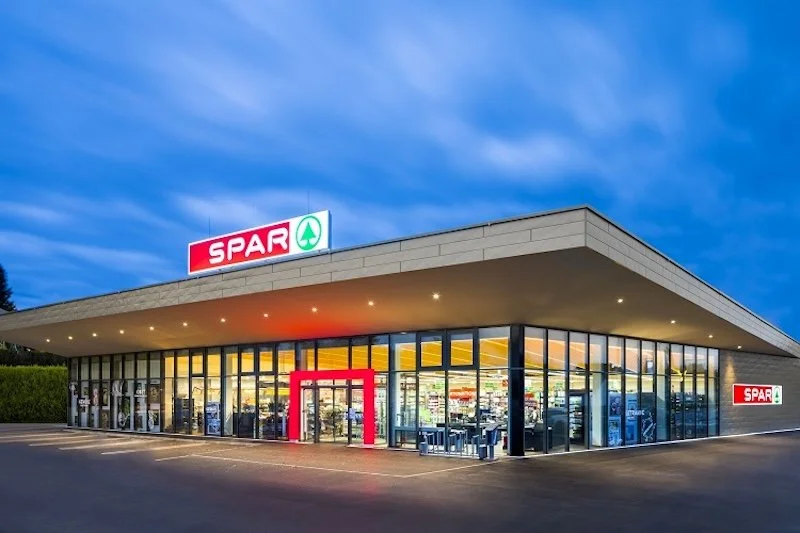

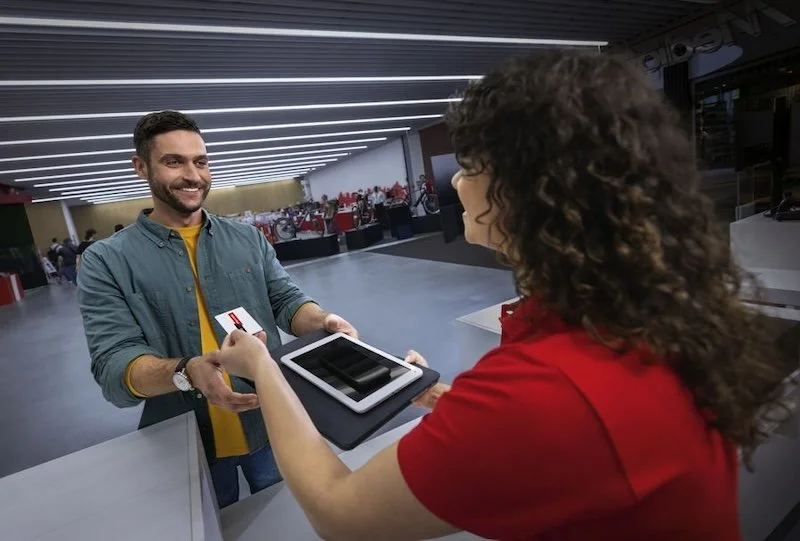
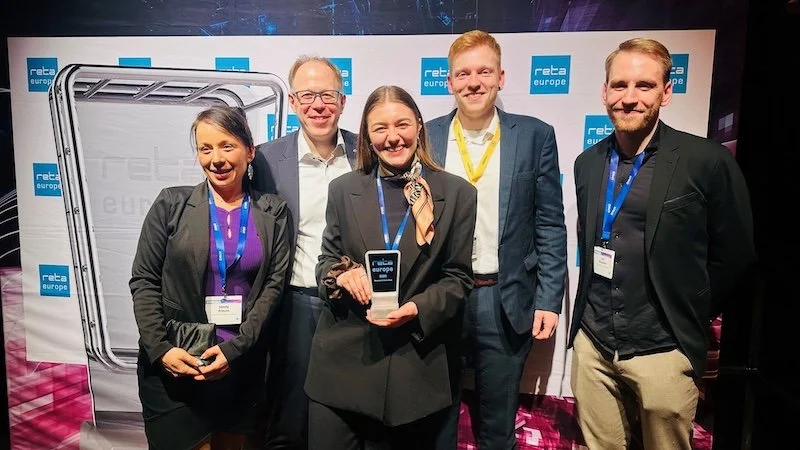

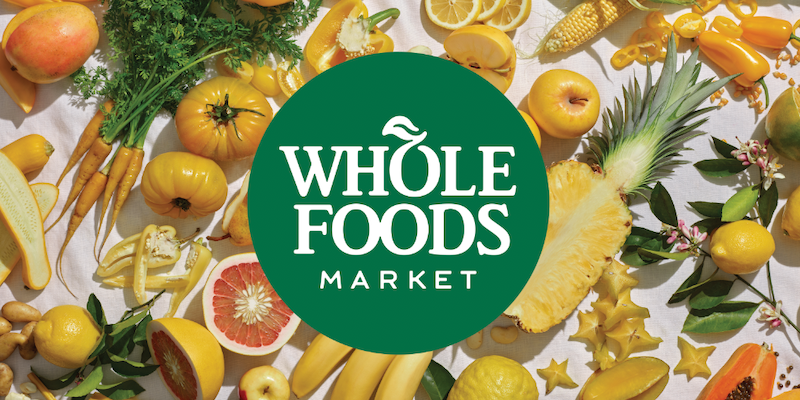

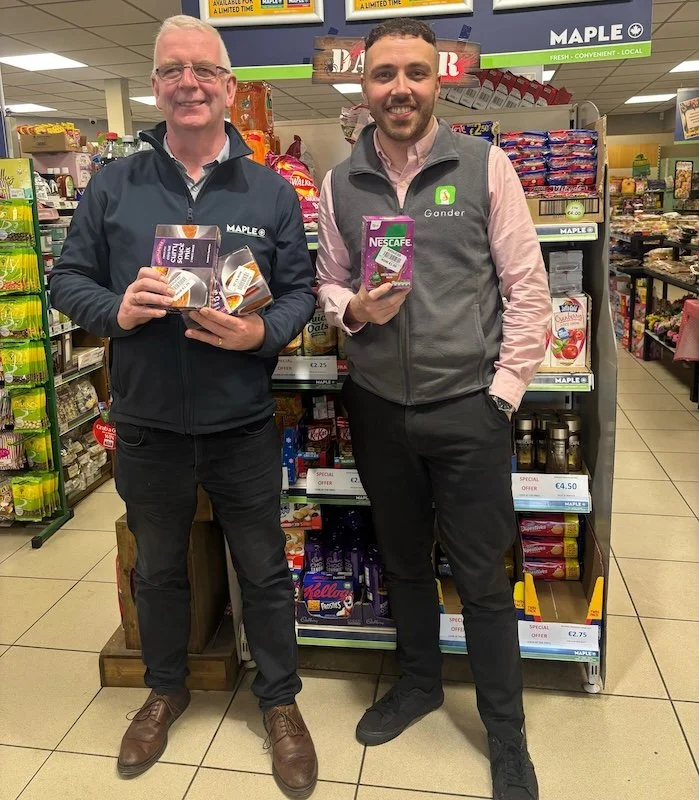

Continue reading…